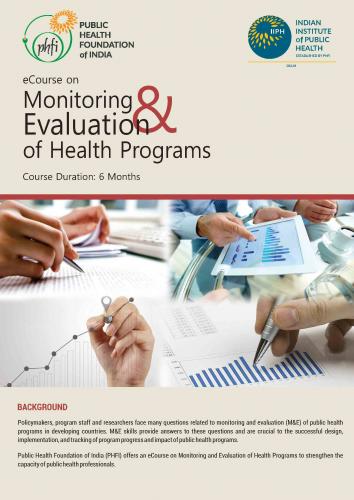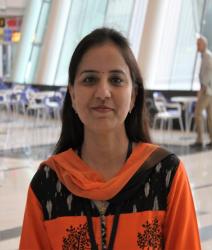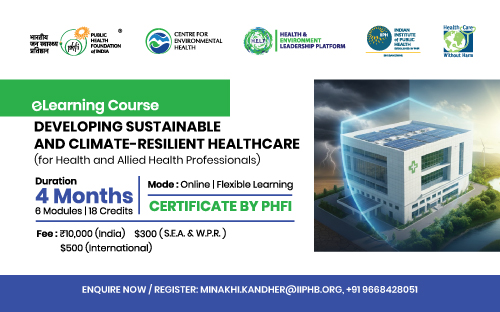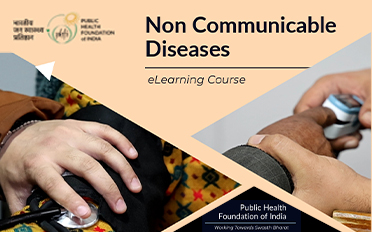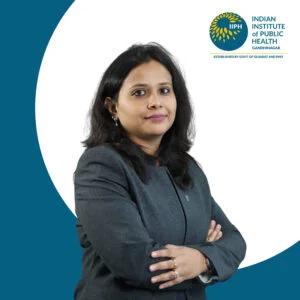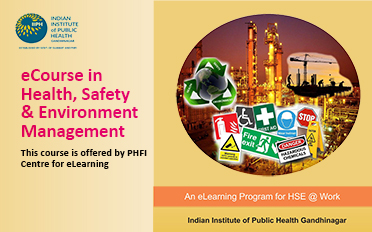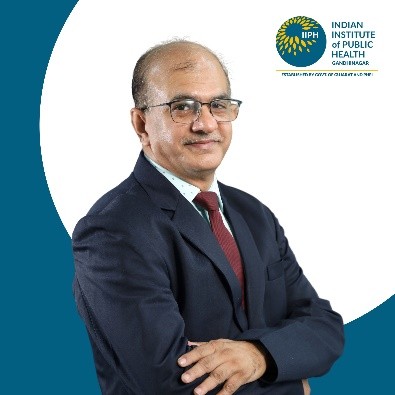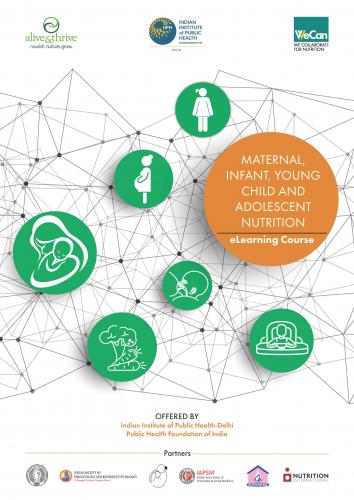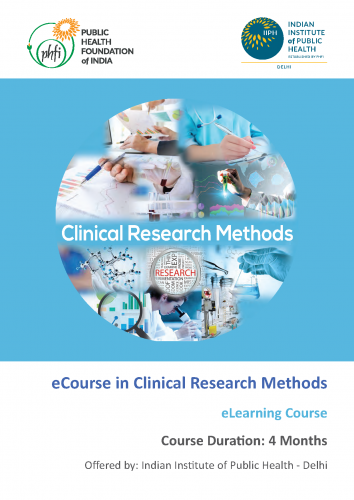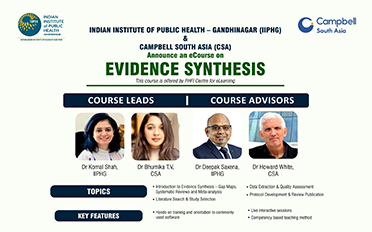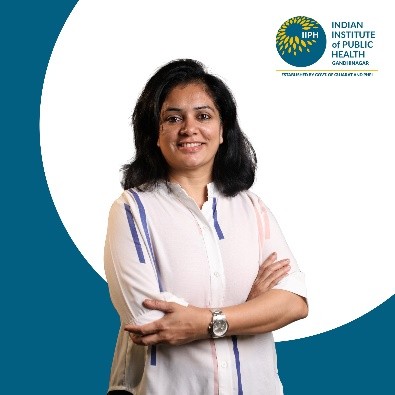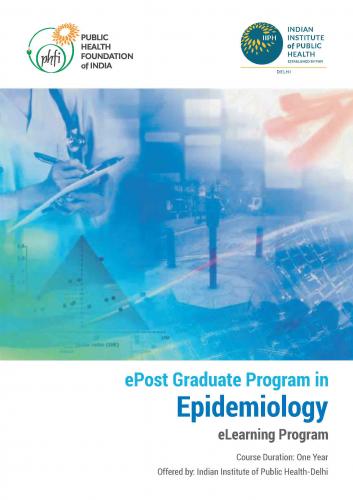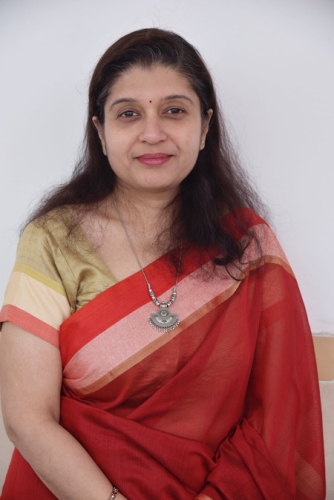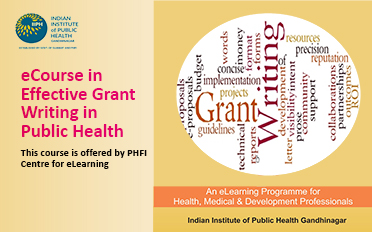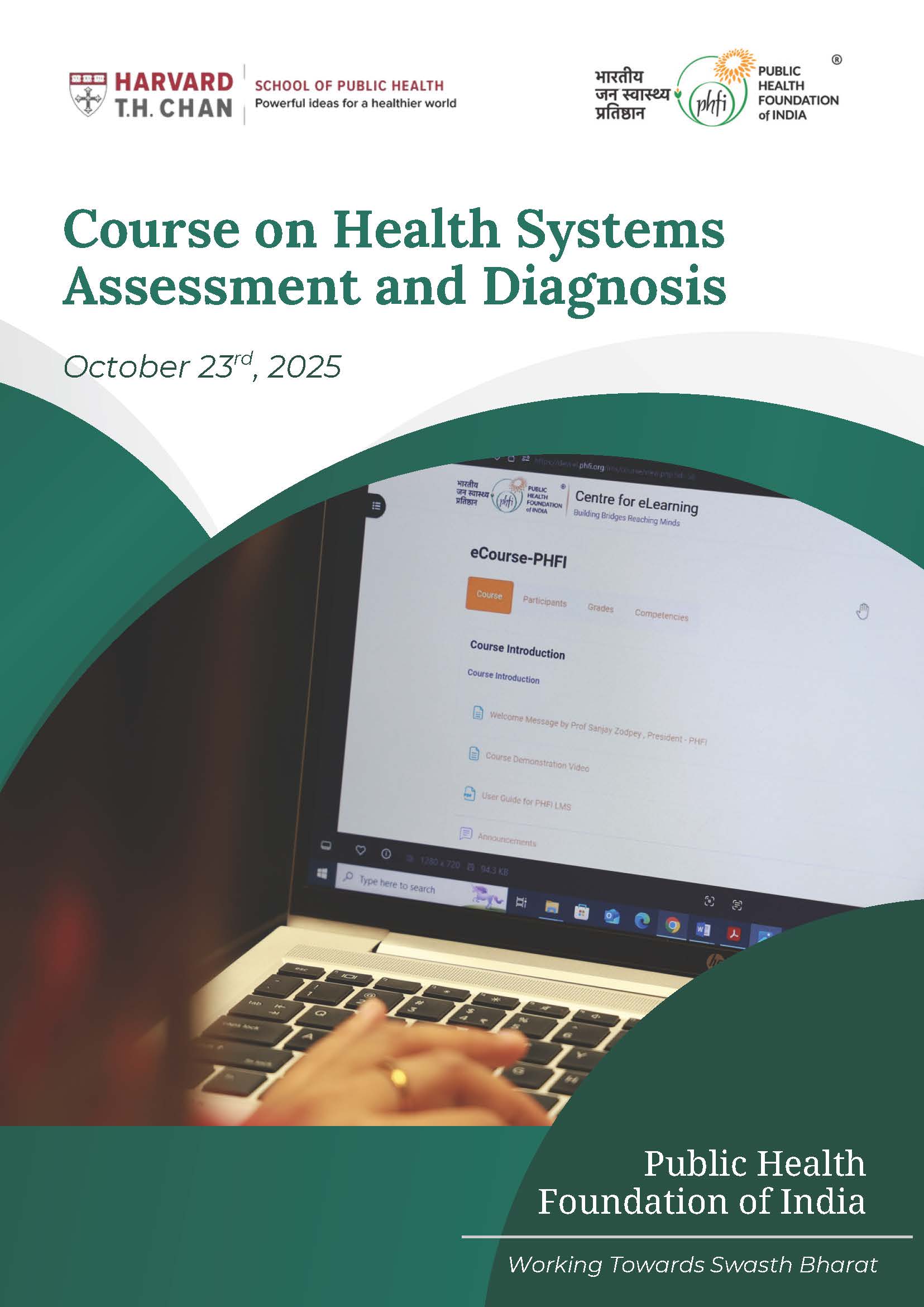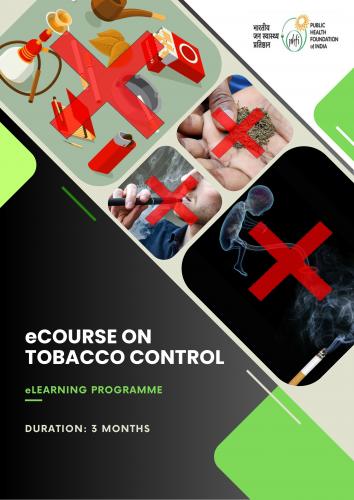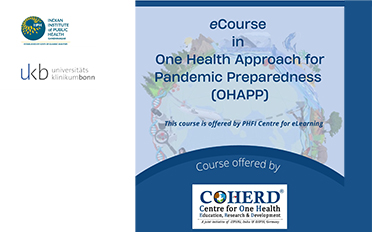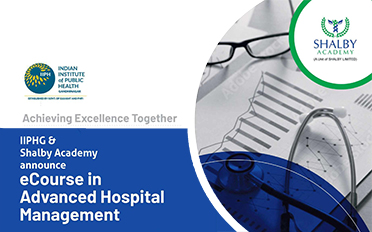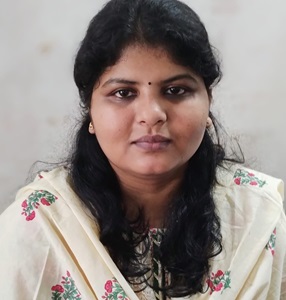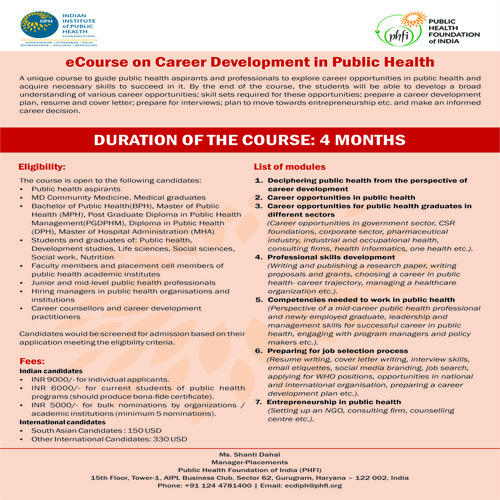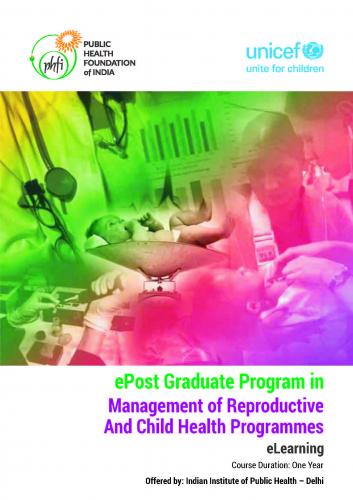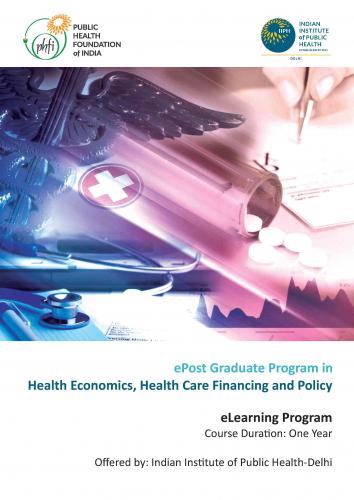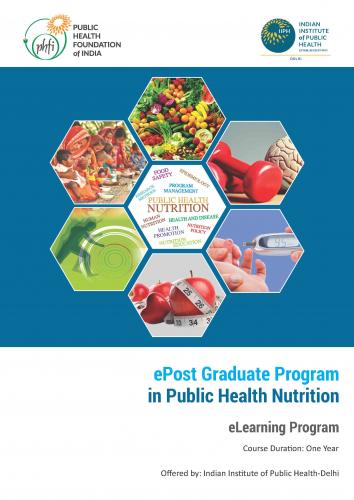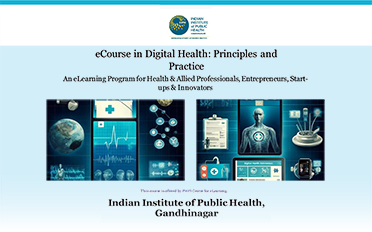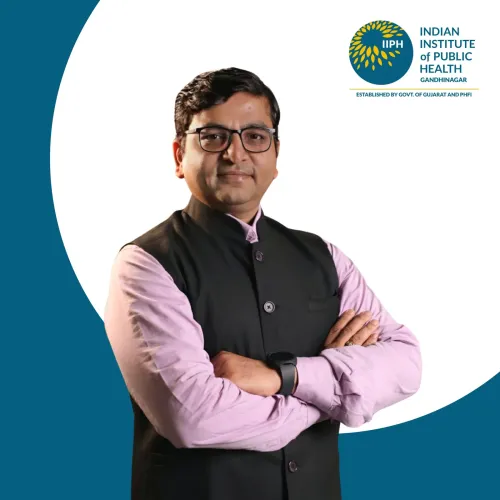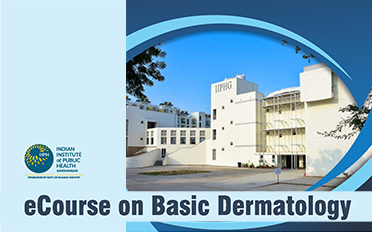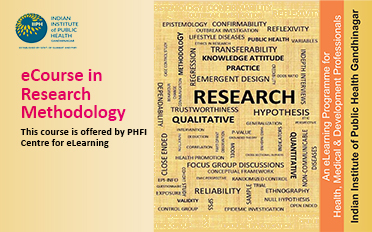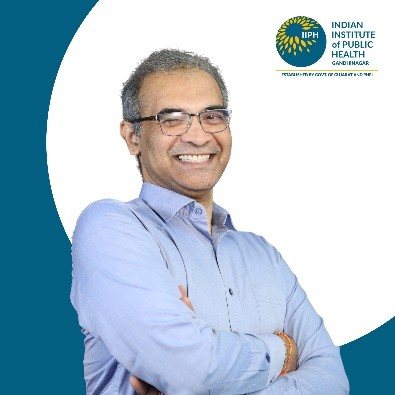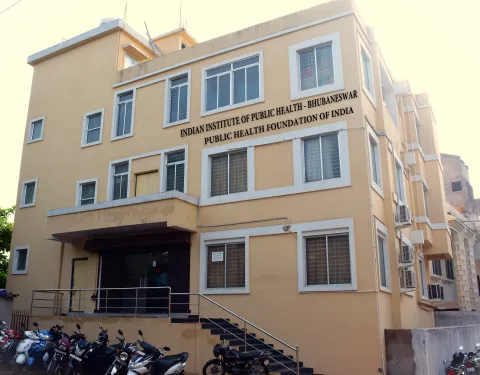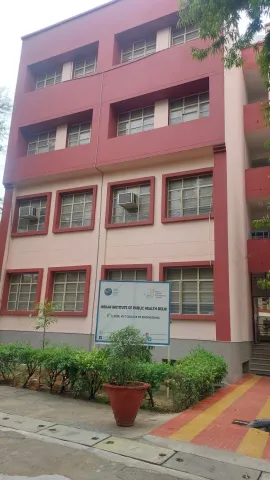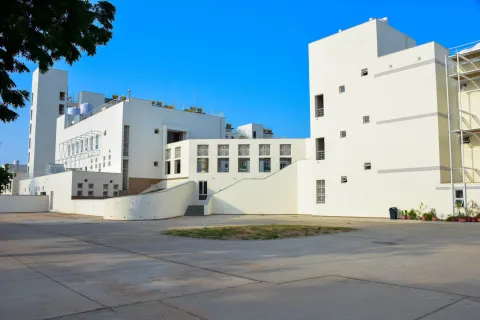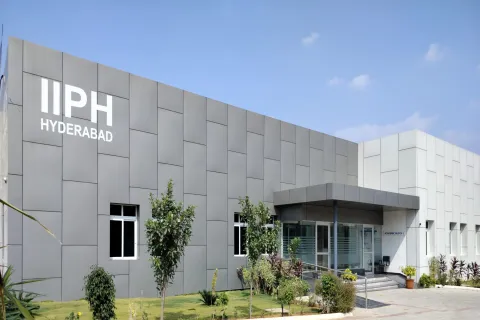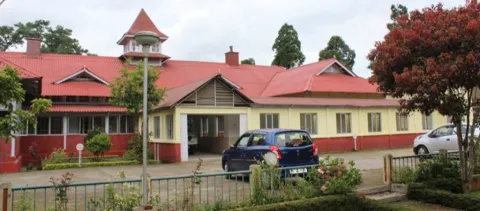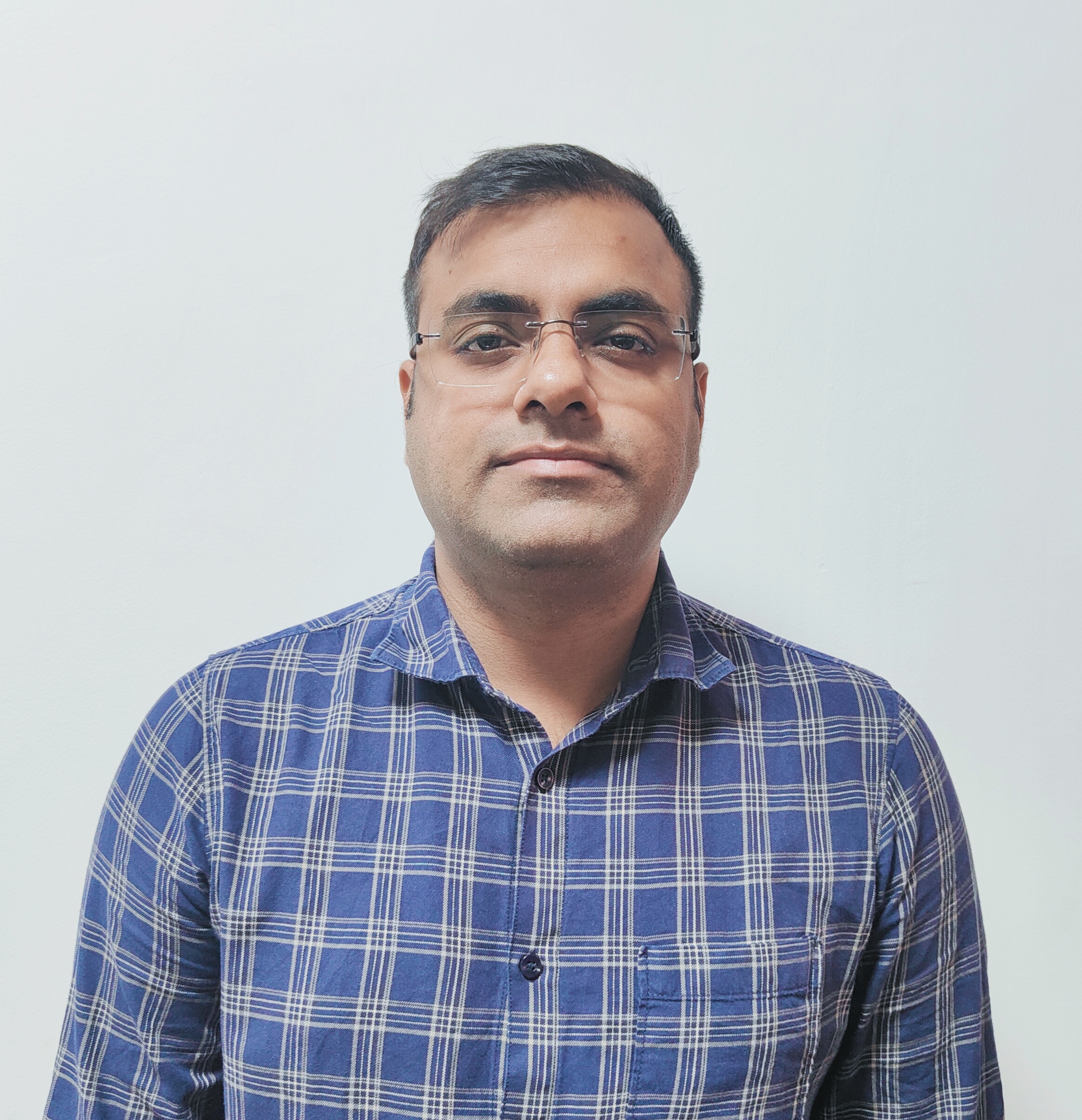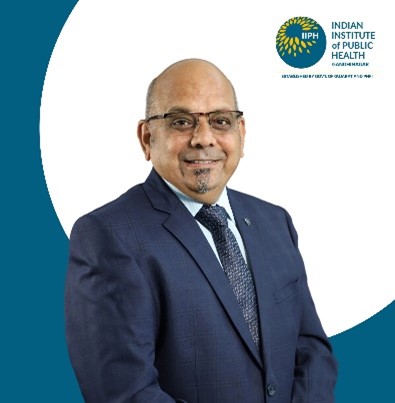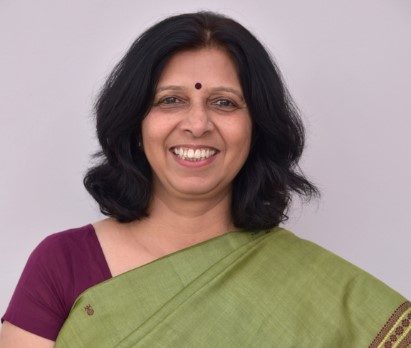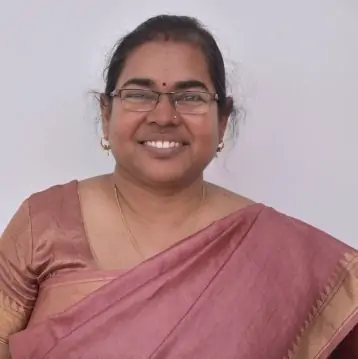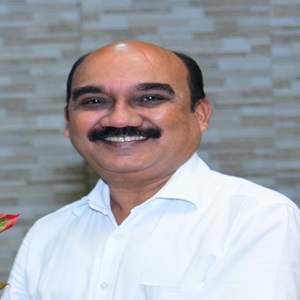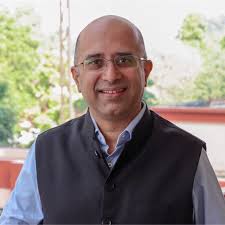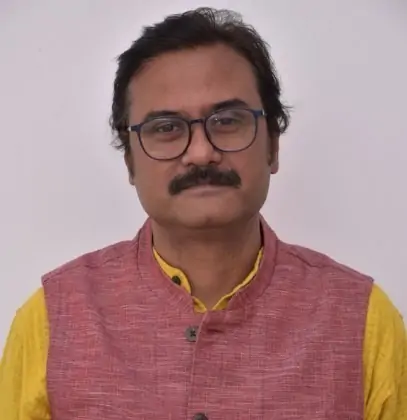Our Courses
Latest Courses
Program Fee (Indian)
18,000INR
Program Fee (South Asian Candidates)
SAARC states "Afghanistan, Bangladesh, Bhutan, India, Maldives, Nepal, Pakistan and Sri Lanka".
300USD
Program Fee (Other International Candidates)
600USD
Program Fee (Indian)
36,000INR
Program Fee (South Asian Candidates)
SAARC states "Afghanistan, Bangladesh, Bhutan, India, Maldives, Nepal, Pakistan and Sri Lanka".
600USD
Program Fee (Other International Candidates)
1200USD
Program Fee (Indian)
10,000INR
Program Fee (South Asian Candidates)
SAARC states "Afghanistan, Bangladesh, Bhutan, India, Maldives, Nepal, Pakistan and Sri Lanka".
300USD
Program Fee (Other International Candidates)
500USD
Program Fee (Indian)
1,000INR
Program Fee (South Asian Candidates)
SAARC states "Afghanistan, Bangladesh, Bhutan, India, Maldives, Nepal, Pakistan and Sri Lanka".
17USD
Program Fee (Other International Candidates)
36USD
ePost Graduate Program
ePost Graduate program in Public Health & Hospital Management for Nursing & Allied Health Professionals
Program Fee (Indian)
36,000INR
Program Fee (South Asian Candidates)
SAARC states "Afghanistan, Bangladesh, Bhutan, India, Maldives, Nepal, Pakistan and Sri Lanka".
600USD
Program Fee (Other International Candidates)
1200USD
Program Fee (Indian)
9,000INR
Program Fee (South Asian Candidates)
SAARC states "Afghanistan, Bangladesh, Bhutan, India, Maldives, Nepal, Pakistan and Sri Lanka".
140USD
Program Fee (Other International Candidates)
330USD
Program Fee (Indian)
2,000INR
Program Fee (Indian)
9,000INR
Program Fee (South Asian Candidates)
SAARC states "Afghanistan, Bangladesh, Bhutan, India, Maldives, Nepal, Pakistan and Sri Lanka".
150USD
Program Fee (Other International Candidates)
330USD
Program Fee (Indian)
30,000INR
Program Fee (South Asian Candidates)
SAARC states "Afghanistan, Bangladesh, Bhutan, India, Maldives, Nepal, Pakistan and Sri Lanka".
370USD
Program Fee (Other International Candidates)
740USD
Program Fee (Indian)
36,000INR
Program Fee (Indian)
9,000INR
Program Fee (South Asian Candidates)
SAARC states "Afghanistan, Bangladesh, Bhutan, India, Maldives, Nepal, Pakistan and Sri Lanka".
140USD
Program Fee (Other International Candidates)
330USD
Program Fee (Indian)
0INR
Program Fee (South Asian Candidates)
SAARC states "Afghanistan, Bangladesh, Bhutan, India, Maldives, Nepal, Pakistan and Sri Lanka".
0USD
Program Fee (Other International Candidates)
0USD
Program Fee (Indian)
10,000INR
Program Fee (South Asian Candidates)
SAARC states "Afghanistan, Bangladesh, Bhutan, India, Maldives, Nepal, Pakistan and Sri Lanka".
250USD
Program Fee (Other International Candidates)
300USD
Program Fee (Indian)
9,000INR
Program Fee (South Asian Candidates)
SAARC states "Afghanistan, Bangladesh, Bhutan, India, Maldives, Nepal, Pakistan and Sri Lanka".
140USD
Program Fee (Other International Candidates)
330USD
Program Fee (Indian)
30,000INR
Program Fee (South Asian Candidates)
SAARC states "Afghanistan, Bangladesh, Bhutan, India, Maldives, Nepal, Pakistan and Sri Lanka".
370USD
Program Fee (Other International Candidates)
740USD
ePost Graduate Program
ePost Graduate Program in Public Health Services Management
Program Fee (Indian)
36,000INR
Program Fee (South Asian Candidates)
SAARC states "Afghanistan, Bangladesh, Bhutan, India, Maldives, Nepal, Pakistan and Sri Lanka".
600USD
Program Fee (Other International Candidates)
1200USD
Program Fee (Indian)
9,000INR
Program Fee (South Asian Candidates)
SAARC states "Afghanistan, Bangladesh, Bhutan, India, Maldives, Nepal, Pakistan and Sri Lanka".
150USD
Program Fee (Other International Candidates)
330USD
ePost Graduate Program
ePost Graduate Program in Management of Reproductive and Child Health Programmes
Program Fee (Indian)
36,000INR
Program Fee (South Asian Candidates)
SAARC states "Afghanistan, Bangladesh, Bhutan, India, Maldives, Nepal, Pakistan and Sri Lanka".
600USD
Program Fee (Other International Candidates)
1200USD
ePost Graduate Program
ePost Graduate Program in Health Economics, Health Care Financing and Policy
Program Fee (Indian)
36,000INR
Program Fee (South Asian Candidates)
SAARC states "Afghanistan, Bangladesh, Bhutan, India, Maldives, Nepal, Pakistan and Sri Lanka".
600USD
Program Fee (Other International Candidates)
1200USD
Program Fee (Indian)
36,000INR
Program Fee (South Asian Candidates)
SAARC states "Afghanistan, Bangladesh, Bhutan, India, Maldives, Nepal, Pakistan and Sri Lanka".
600USD
Program Fee (Other International Candidates)
1200USD
Program Fee (Indian)
9,000INR
eCourse Program
eCourse in Digital Health: Principles and Practice
Program Fee (Indian)
25,000INR
Program Fee (South Asian Candidates)
SAARC states "Afghanistan, Bangladesh, Bhutan, India, Maldives, Nepal, Pakistan and Sri Lanka".
350USD
Program Fee (Other International Candidates)
500USD
ePost Graduate Program
Advanced Post Graduate Management Program in Healthcare and Hospital Leadership
Program Fee (Indian)
206,500INR
Program Fee (South Asian Candidates)
SAARC states "Afghanistan, Bangladesh, Bhutan, India, Maldives, Nepal, Pakistan and Sri Lanka".
2547USD
Program Fee (Other International Candidates)
5094USD
Program Fee (Indian)
5,000INR
Program Fee (South Asian Candidates)
SAARC states "Afghanistan, Bangladesh, Bhutan, India, Maldives, Nepal, Pakistan and Sri Lanka".
120USD
Program Fee (Other International Candidates)
200USD
Program Fee (Indian)
18,000INR
Program Fee (South Asian Candidates)
SAARC states "Afghanistan, Bangladesh, Bhutan, India, Maldives, Nepal, Pakistan and Sri Lanka".
300USD
Program Fee (Other International Candidates)
600USD

